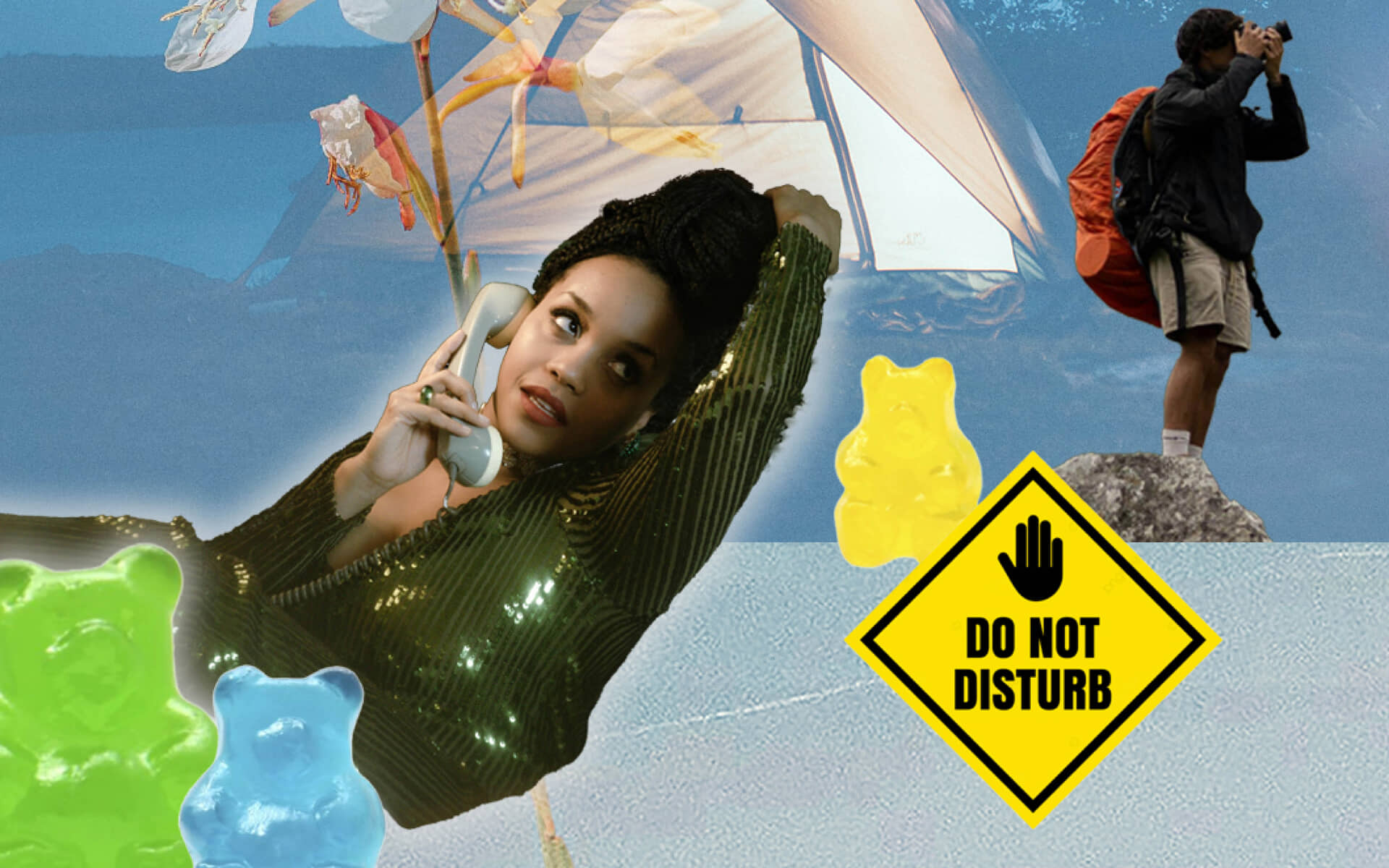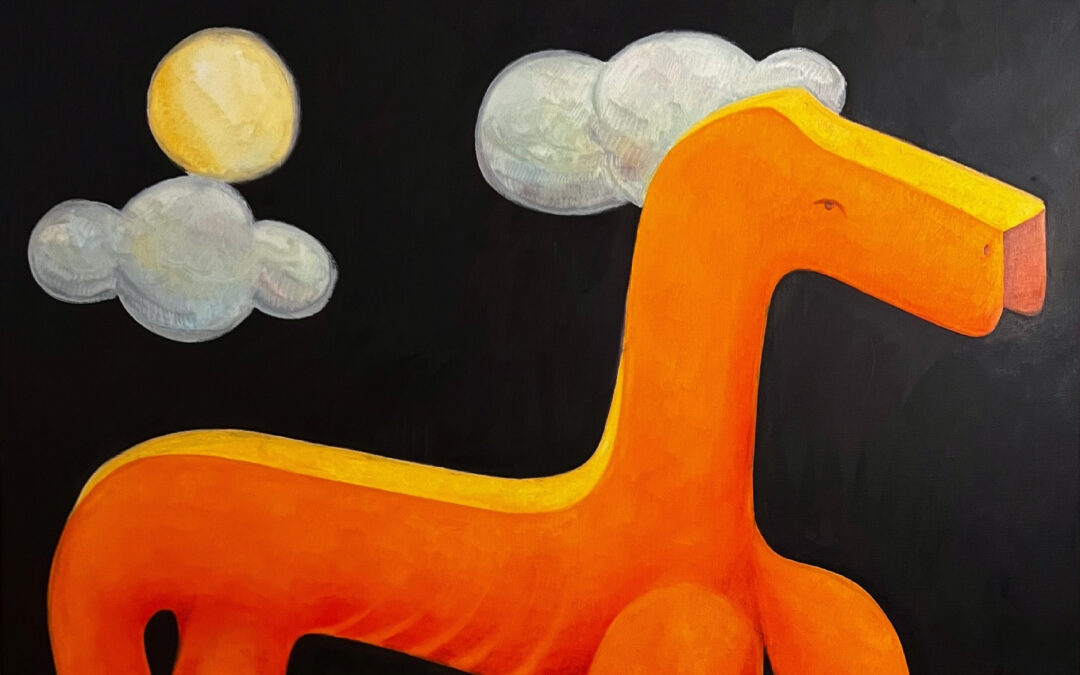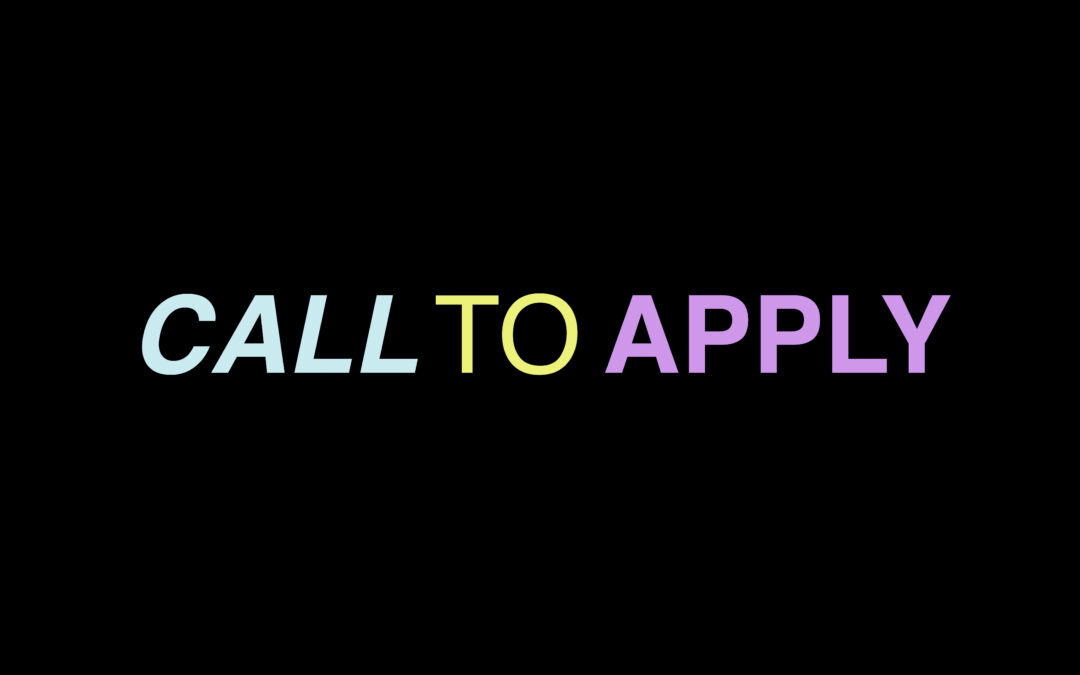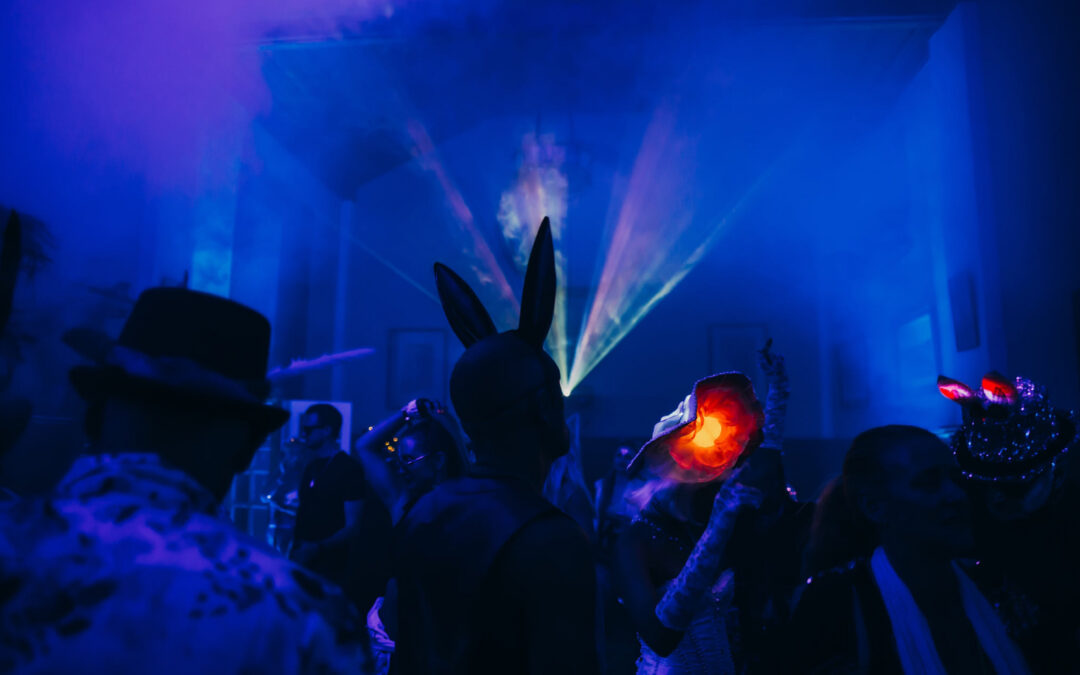When was the last time you confronted your own feelings, sat with your own thoughts, or just did something purely for yourself? The night before I left for a silent retreat, sitting in an overpriced, ambient wine bar with my partner, I remember saying that something felt off. That I had more to give, and not enough time or space to deliver it. 10 days in meditation would be the thing to fix me.
5 days later, marinating in obsessive thoughts and squealing under the pressure of a straightened spine, isolation and introspection felt more like a wound than a salve. But by the end of it, I remember giggling at how much my own mind had changed. The space away had confirmed the simplest of things: that if you’re willing to remove yourself from the safety of your friends and family, and the filter they provide, you may find answers to questions you didn’t even know you had. Because even after all this time in a body, you can still surprise yourself with how little you know.
But when friends began asking how I did it, where I was going next, and how I could not go crazy ‘out there all alone’, I began to question whether my search for myself was overindulgent. In a world where the built environment, our social architecture, economy and technology are increasingly engineered to manufacture isolation and individualism, wasn’t it strange to seek out solitude so determinedly? As a remote worker, living a plane trip away from the city I grew up in and the parents that shaped me, what more space could I need?

Photography by Alina Rossoshanska via Pexels
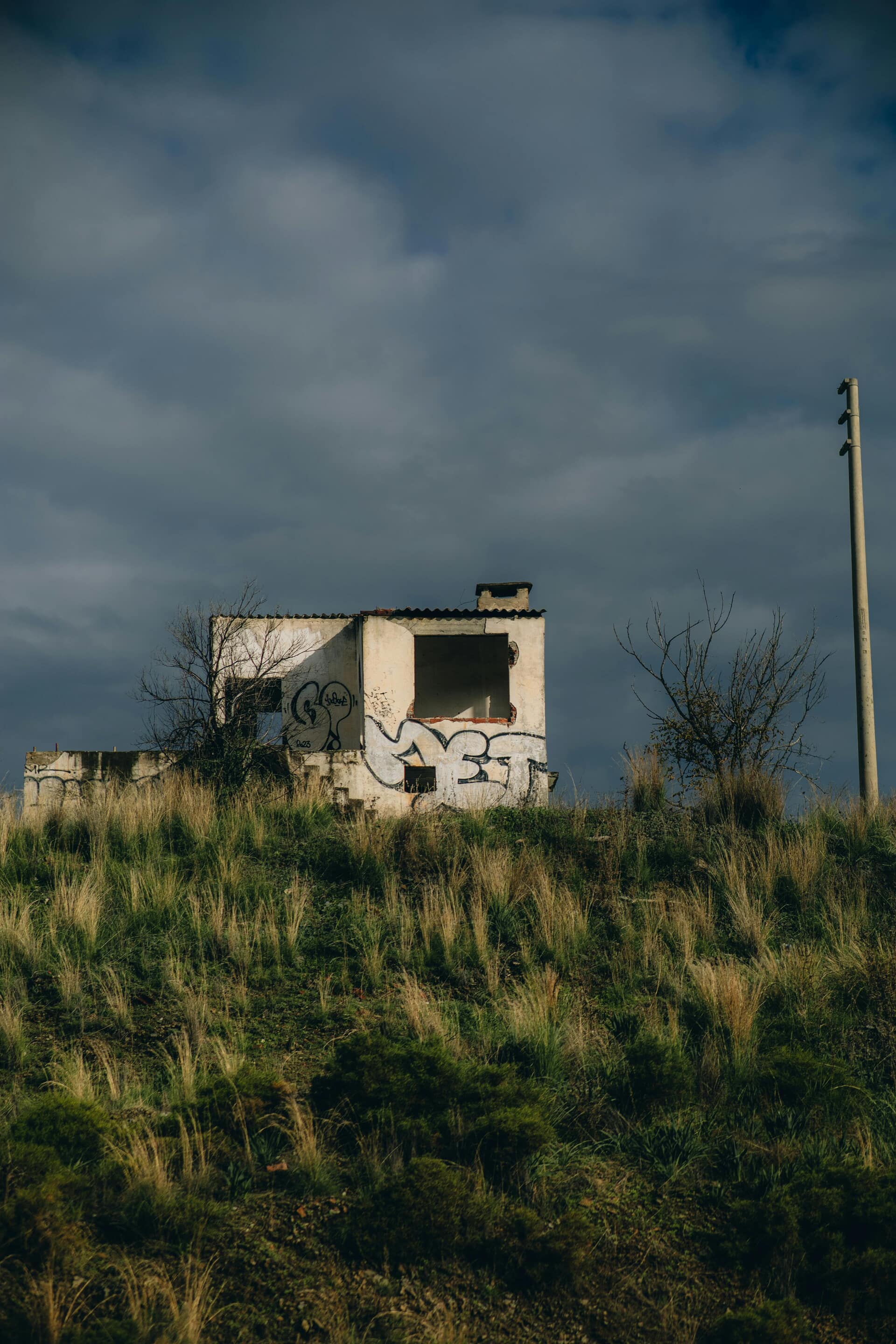
Photography by Umutsrln via Pexels
In their essay, On Loneliness for Pioneer Works, Hannah Baer argues that our culture rewards transactional, borderline compulsive behaviour. Social media isn’t very social at all, urban developers prioritise bachelor pads over neighbourhoods, and industry encourages competition. People are warning us that isolation is bad for our mental health, that disconnected communities can endanger an elderly population in need of care, and that too much time alone can disorient us from reality. And they’re not wrong.
Yet, on the other side of that debate, there’s the recognition that time, more and more, seems to be a scarce resource, and that too much time together can be taxing too. The erratic rush of our schedules always leaves us feeling as though the hours have gotten away. And even when your social and mental battery blinks red, the guilt of not arriving 100% to every event or social interaction feels criminal. When it comes to our social lives and how we face the world, so many of us are fixated with living up to the pressure to be seen, to be perfect, and to perform.
In such a context, personal embodiment is often last on the list of priorities. And, in some ways, it’s caused by a deep fear of loneliness or even ostracism, spurred on by the discourse surrounding anti-social behaviour and heightened anxiety. But for all my searches and time spent alone, I came back feeling closer to my loved ones, not further away. After chasing productivity and crashing into burnout, being alone forced me to reclaim control over my space, tempo and time, to care for myself so that I could arrive whole for others, rather than relying on them to make me feel that way. There are nuances to these debates, and important distinctions to be made between loneliness and solitude – the one is a byproduct of disconnect, and the other is the calm at the end of self-reflection.
But as the world becomes louder and more overstimulating, and the quiet becomes both more desirable and more scarce, aloneness is repackaged and sold to us as a luxury in the form of isolated houses on lonely hills, or VIP sections with capacity controls. In response to our cortisol spikes, the attention economy is rebranding, marketing alone time and absence to those of us who want to unplug from the constant information overload. Ironically, these reconfigurations work in exact opposition to what we have historically understood aloneness to be: the torture of solitary confinement, the terror of being separated from the group, or the epidemic of loneliness that accompanies disasters like COVID-19 lockdowns. These campaigns don’t discern solitude in relation to community; they simply put a price point on silence and digital detox. Perhaps this is why solitude is still, in many ways, perceived as selfishness.
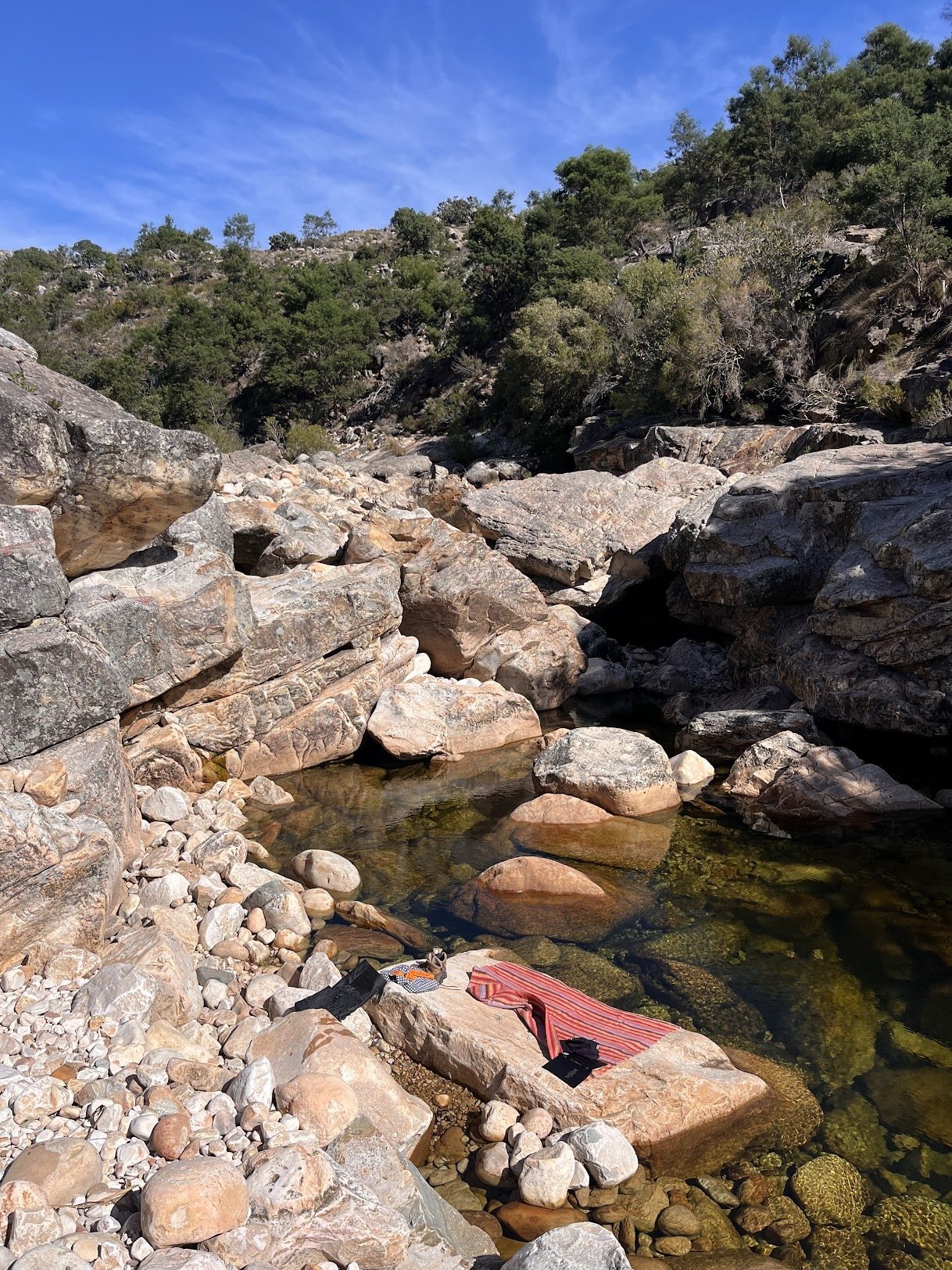
Photographed by Drew Haller
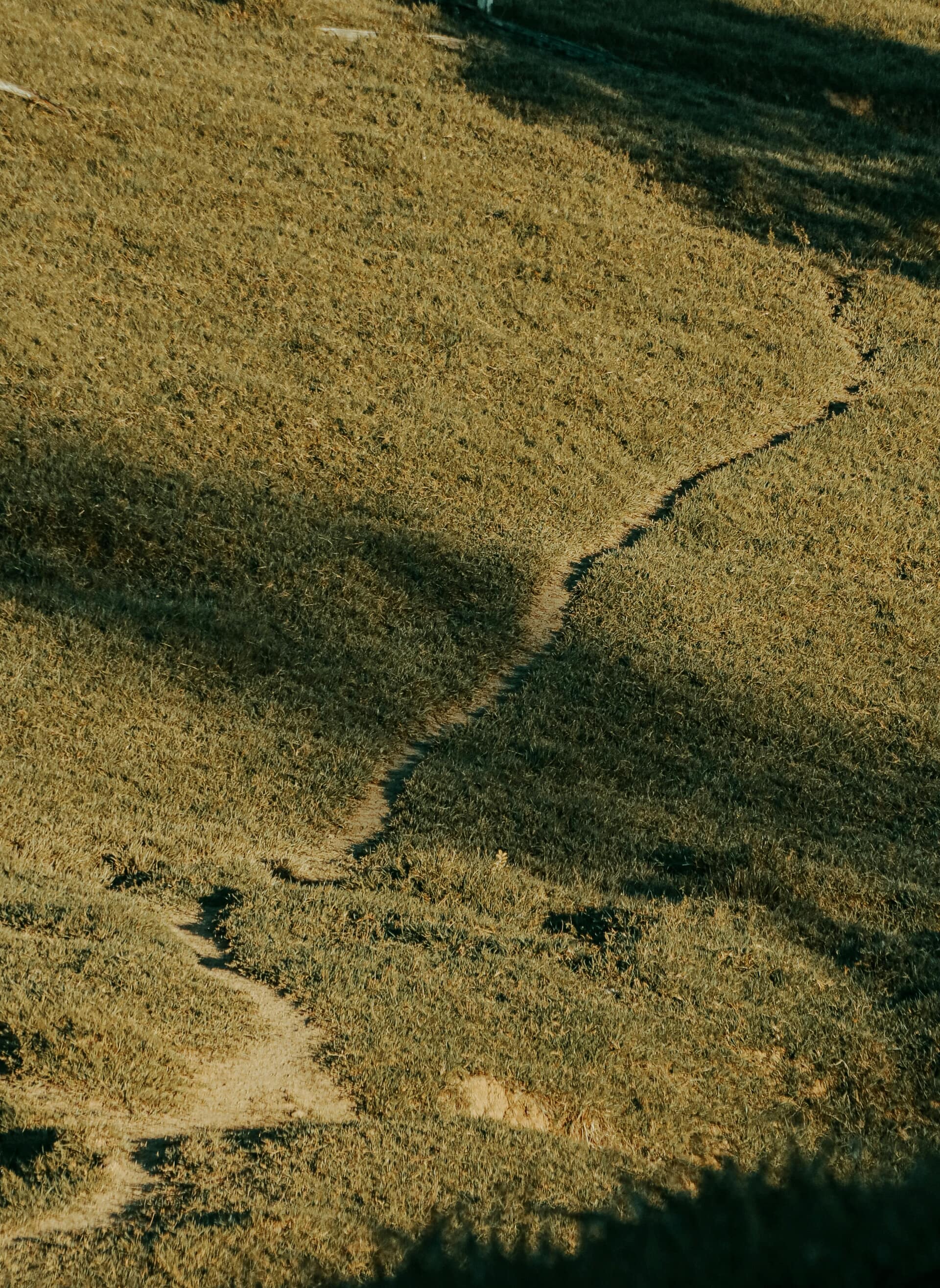
Photographed by Adeniuso Gomes via Pexels
Citing Haidt and Fisher-Quann, Baer argues that to resolve the fracturing of society, we must be willing to place ourselves in closer proximity to others, “to be tougher in trying to stay in community and in relation, to hold complexity and move towards difficulty, not away from it.”
There isn’t always nobility in isolation. At times, it tends towards a systemic individualism that has been at the centre of a malignant collective ego, one which has grown to root out communities, friends and families in favour of ‘self-love before everything’. This same idea is feeding growing tendencies to seek freedom and avoid interdependence in favour of not getting hurt, or admitting to the so-called humiliation of needing others.
But all of this being said, I still believe that sometimes running towards complexity and difficulty can mean running towards yourself, asking yourself how you can reconcile rest and rediscovery with intentional, caring relationships. In these instances, solitude can be a tool to foster a deepened relational presence with the ones you love most, those who you haven’t always had the capacity for. When your own mind starts to reflect the exterior more than it does yourself, and you begin to rely on others to affirm, soothe or appease that which they cannot understand, and which you cannot easily explain, then it is likely time to look in.
As Rilke says, “For there is only one solitude, and it is large and not easy to bear. It comes almost all the time when you’d gladly exchange it for any togetherness, however banal and cheap… But perhaps that is precisely the time when solitude ripens.” Solitude is difficult and uncomfortable because we do not always practise it like we should. Scrolling in our rooms in the dark is not the same as a long walk on looping trails, savouring a dinner alone with closed eyes, or reading and writing alongside a rock pool on a mountain pass. When practised with intention, its reward is akin to the perspective you gain when summiting a mountain. It reminds you of what you have and why it’s worth returning to. It isn’t an escape from others, it’s how we return more present, more generous and more whole. Because at the centre of the continuum of solitude, whose extremes are luxury or torture, there is a simple and humble privilege of aloneness as a manner of keeping watch.
Written by Drew Haller
For more news, visit the Connect Everything Collective homepage www.ceconline.co.za

